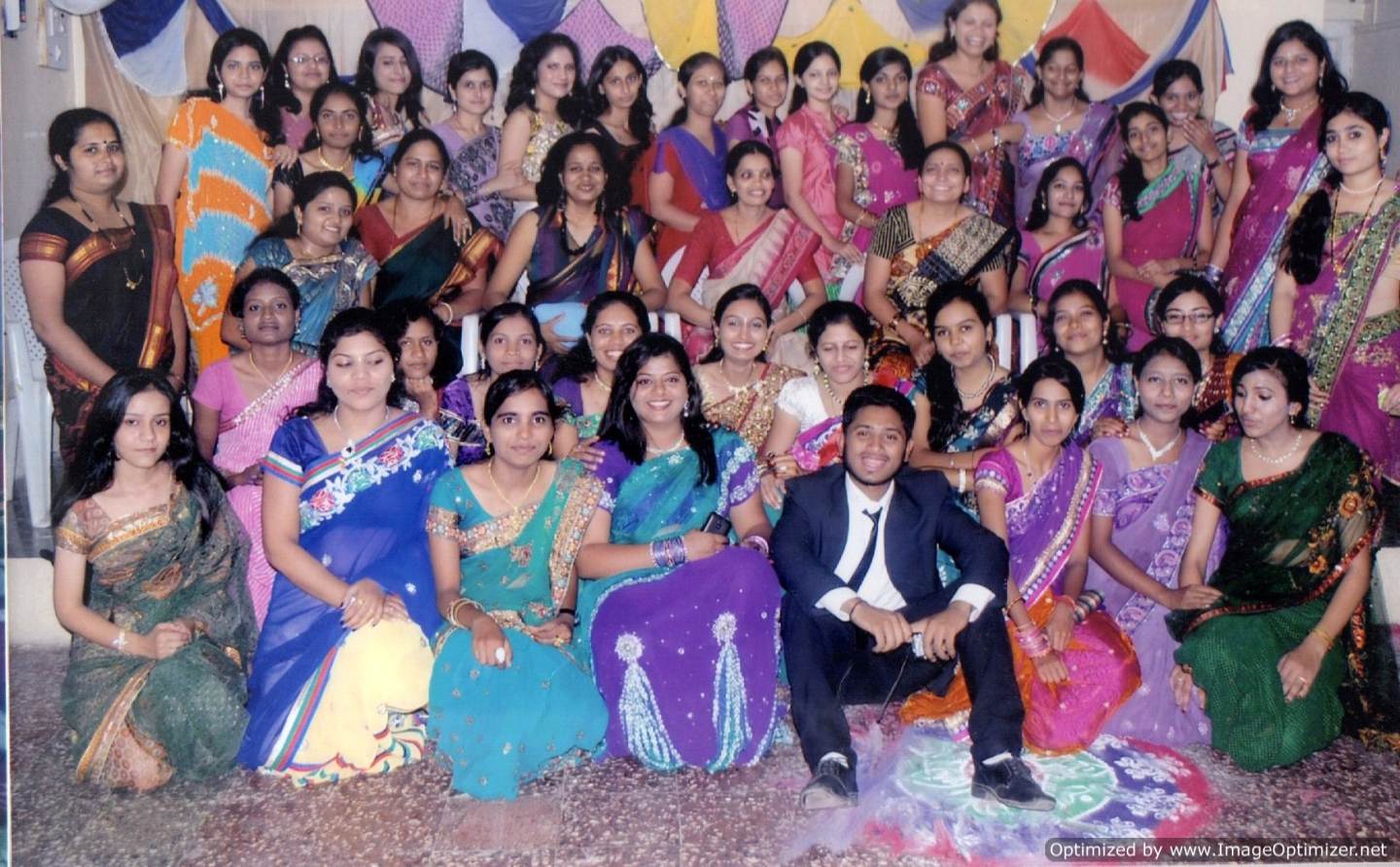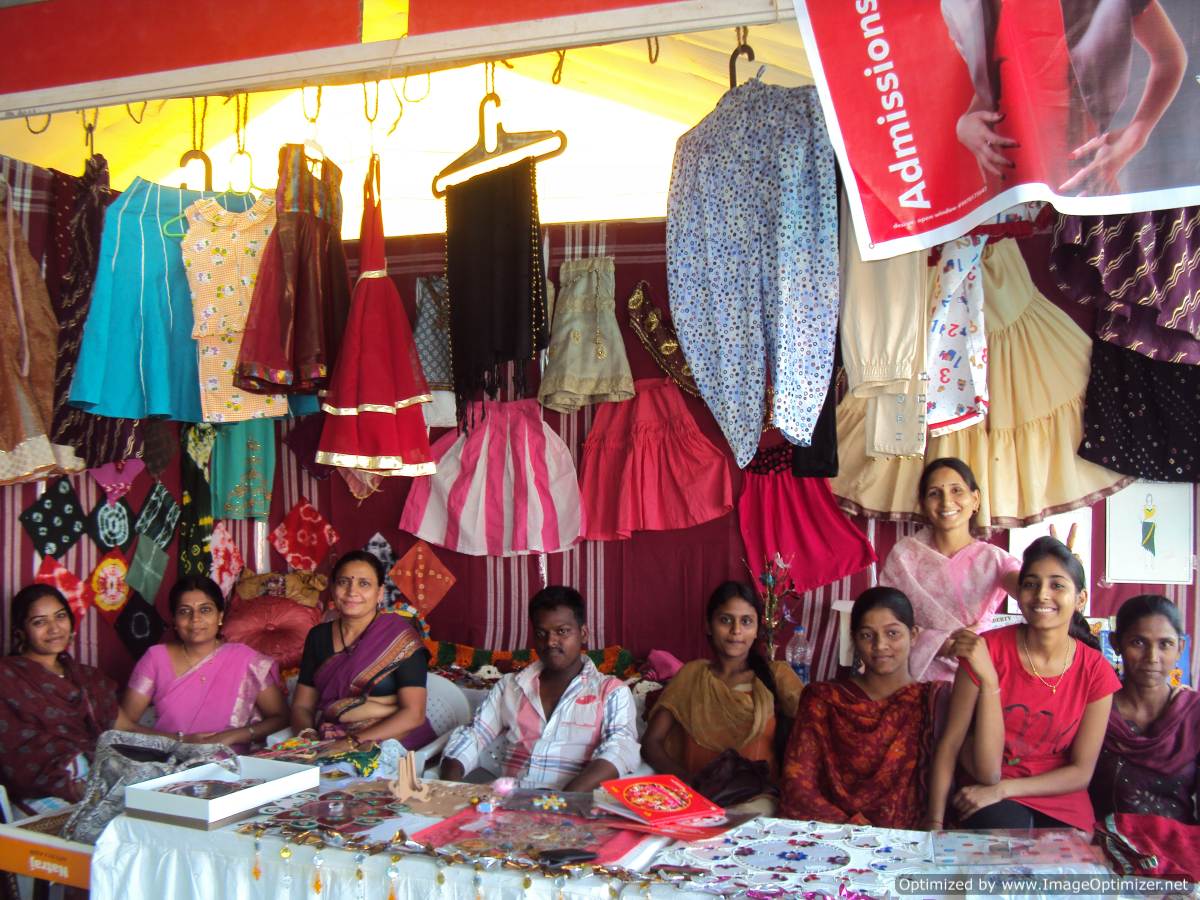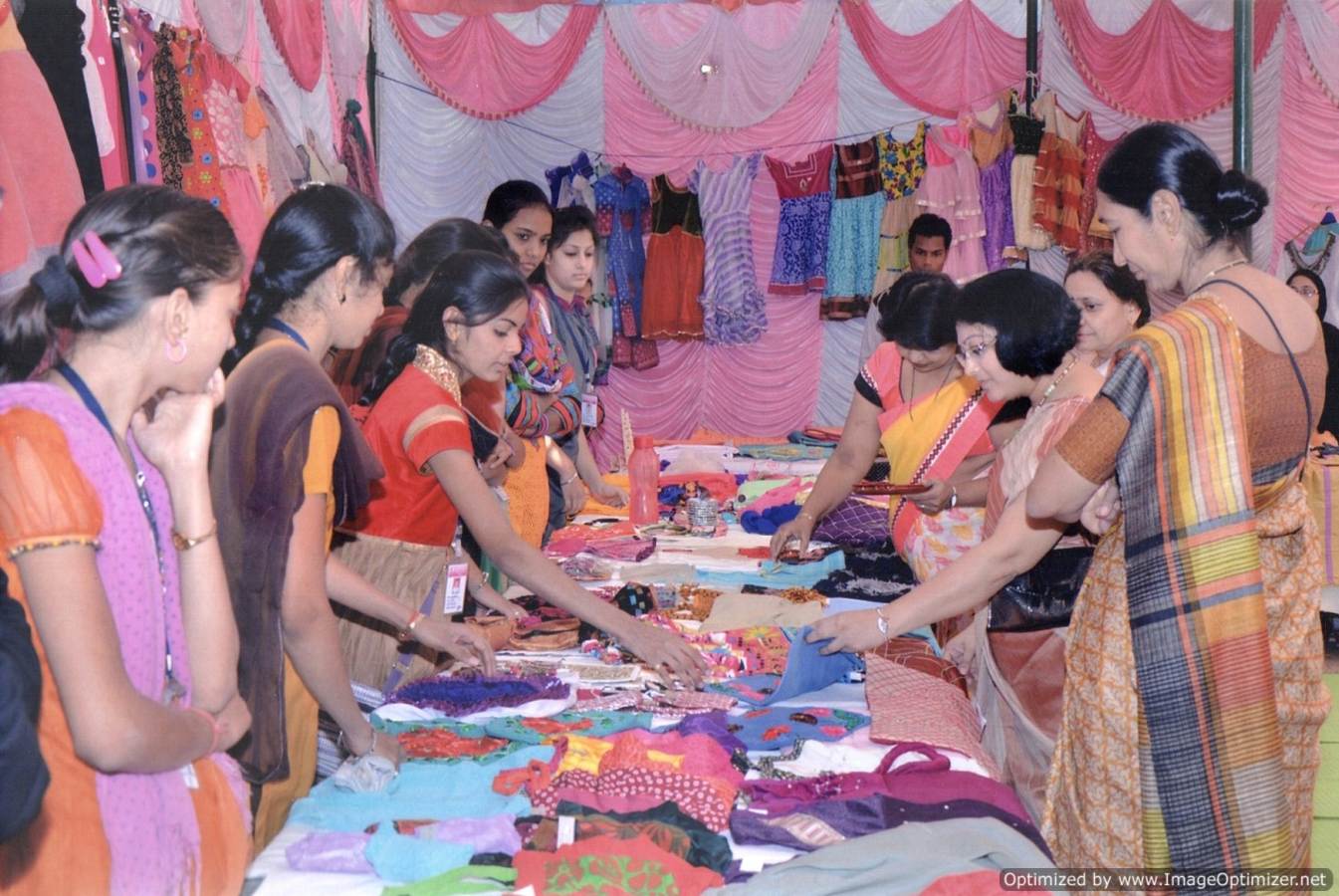Introduction: The fashion course opens up a world of exciting career possibilities for students, equipping them with the skills and knowledge needed to thrive in the fashion industry. Graduates of the program can pursue diverse career paths, including fashion designers, design managers, fashion stylists, creative pattern makers, illustrators, costume designers, fashion journalists, merchandisers, visual merchandisers, fashion forecasters, teachers, and entrepreneurs. In this article, we will explore the vast range of career opportunities available to fashion graduates and the potential roles they can undertake.
- Fashion Designers: Fashion designers are at the forefront of the industry, responsible for creating innovative and captivating clothing designs. They conceptualize ideas, sketch designs, select fabrics, and oversee the production process, ensuring their creations come to life. Fashion designers can work for established fashion houses, start their own labels, or collaborate with fashion brands to bring their unique vision to the runway and the market.
- Design Managers: Design managers play a crucial role in overseeing the design process within fashion companies. They coordinate and lead design teams, ensuring that projects are executed efficiently and align with the brand’s vision. Design managers collaborate with various departments, including marketing, production, and sales, to ensure a cohesive and successful product line.
- Fashion Stylists: Fashion stylists have the artistic eye and expertise to curate visually striking outfits for individuals or for editorial and commercial photo shoots. They combine garments, accessories, and props to create captivating and cohesive looks that align with a specific theme or concept. Fashion stylists work with photographers, models, and creative teams to bring a vision to life and communicate a brand’s aesthetic.
- Creative Pattern Makers: Creative pattern makers translate a fashion designer’s sketches and concepts into tangible patterns used for garment production. They possess a deep understanding of garment construction, measurements, and fabric properties. Pattern makers use their technical skills to create precise patterns that ensure proper fit and comfort in the final product.
- Illustrators: Fashion illustrators bring designs to life through their artistic interpretations. They create captivating visual representations of fashion concepts, often using various techniques such as hand-drawing, digital rendering, or mixed media. Fashion illustrators collaborate closely with designers to capture their vision and showcase it in a visually appealing manner.
- Costume Designers: Costume designers specialize in creating outfits and ensembles for theatrical productions, films, television shows, and other performing arts events. They collaborate with directors, actors, and production teams to design costumes that enhance character development, convey narratives, and evoke the desired emotions.
- Fashion Journalists: Fashion journalists play a vital role in the industry by reporting on fashion trends, events, and developments through various media platforms. They write articles, conduct interviews, and provide analysis and critique on fashion shows, designers, and industry happenings. Fashion journalists can work for magazines, newspapers, websites, or even establish their own fashion blogs.
- Merchandisers and Visual Merchandisers: Merchandisers are responsible for selecting and planning the assortment of products that will be sold by a fashion brand. They analyze consumer trends, monitor sales data, and collaborate with designers and buyers to create a compelling product mix. Visual merchandisers, on the other hand, focus on creating visually appealing displays in retail stores to attract customers and promote sales.
- Fashion Forecasters: Fashion forecasters analyze market trends, consumer behavior, and cultural influences to predict future fashion trends. They help fashion brands make informed decisions about their product lines, colors, fabrics, and overall brand positioning. Fashion forecasters often work for trend forecasting agencies or consult for fashion brands.
- Teachers and Entrepreneurs: Fashion graduates can also pursue careers in academia, sharing their knowledge and expertise with aspiring




